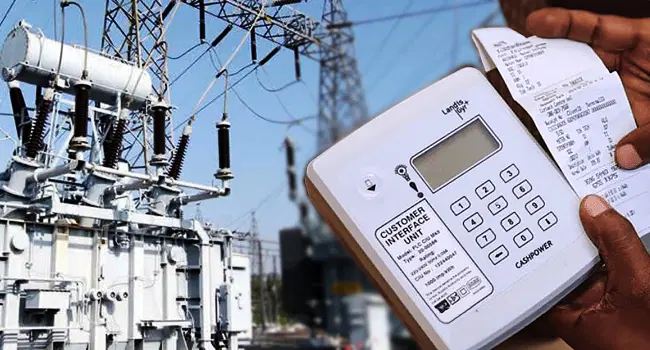
The financial instability of Nigeria’s Electricity Distribution Companies (DisCos), compounded by mounting debts and bank takeovers, continues to undermine the power sector’s performance, leaving energy delivery in a precarious state. Despite generating 4,609.14 megawatts (MW), the sector’s transmission and distribution capabilities remain below 4,000 MW, failing to meet the country’s energy demands.
In 2013, core investors borrowed billions of naira to acquire power assets during the sector’s privatization. However, their inability to repay loans prompted financial institutions, with federal government approval, to intervene and reclaim investments. Notable takeovers include Ibadan Electricity Distribution Company (IBEDC), Benin Electricity Distribution Company (BEDC), Port Harcourt Electricity Distribution Company (PHED), Kano Electricity Distribution Company (KEDCO), and Kaduna Electric. Additionally, the United Bank for Africa (UBA) took over Abuja Electricity Distribution Company (AEDC) to recover a $122 million debt owed by its core investor, Kann Consortium.
The Nigerian Electricity Regulatory Commission (NERC) has expressed dissatisfaction with the current management of some DisCos under financial institutions. NERC Chairman Sanusi Garba criticized the lack of improvements in service delivery and directed Fidelity Bank to divest stakes in BEDC and PHED to credible investors with the capacity to revitalize the utilities. A final deadline of March 31, 2024, has been set for compliance, after which the commission will enforce measures under the Electricity Act.
The financial woes of the DisCos persist, as evidenced by significant deficits. BEDC recorded an average monthly market shortfall of ₦2.46 billion in late 2022, escalating to ₦6.2 billion in 2023. This ongoing financial strain places an additional fiscal burden on the federal government, threatening the stability of the electricity sector.
The Centre for the Promotion of Private Enterprise (CPPE) has expressed concerns over the sector’s outlook, citing poor transmission infrastructure, grid instability, and the challenges states face in assuming regulatory responsibilities.
To address these challenges, the Federal Government, led by Minister of Power Adebayo Adelabu, has outlined ambitious goals to supply 30,000 MW by 2030, ensure 20-hour daily power supply by 2027, and increase renewable energy’s share to 36% by 2030. Meanwhile, the Power Consumer Assistance Fund (PCAF) has been proposed as a solution to liquidity issues, offering targeted support for consumers and enabling cost-reflective tariffs.
As experts, including Financial Derivatives Company CEO Bismark Rewane, call for debt write-offs and improved metering systems, the path to stability will depend on decisive reforms, strategic investments, and coordinated efforts to restore efficiency in the power sector.
Comments